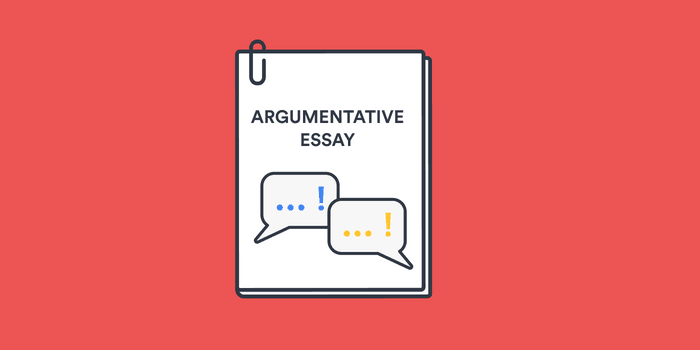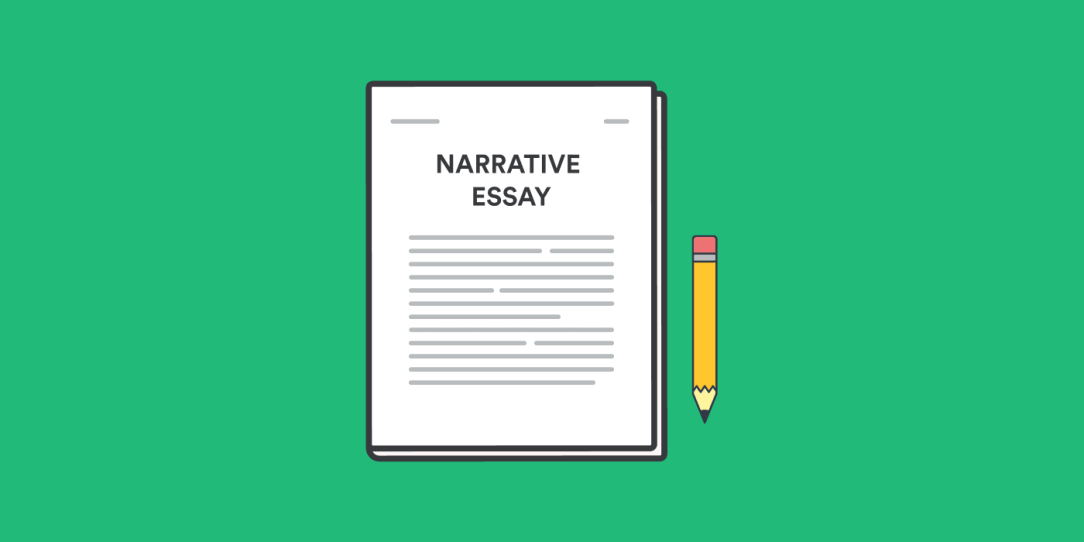Trying to write an essay with no topic is like looking for a website without an internet connection. There are several ways to find a topic, one of which is to Google it. Alternatively, you could approach your teacher or fellow students or attend group discussions to discuss your essay topic. Regardless of how you find the topic, you must use the available resources. So here are a few bits of advice by professionals from WowEssays.
How to improve your writing by rewriting an essay
You have probably wondered, “How can I improve my writing by rewriting an essay without knowing its topic?” Well, the answer is quite simple – read more! And you’ll see that even the best writers often write many drafts of the same text before they are satisfied. Writing is an essential part of the communication process. It is the only way to develop as a writer truly.
To make your writing better:
- Get some feedback.
- Ask your friends, family, or colleagues to read it.
- See if they can spot any mistakes.
It’s always beneficial to get a second opinion. The second-best option is to hire a proofreading service. Make sure that it doesn’t write the essay for you – get comments from a third party. The comments will prove whether your writing style and grammar have improved and what you can improve.
Using spell check can save you from embarrassing mistakes. While this takes only a moment, it can help you learn proper writing techniques. Besides, rewriting your essay with corrections creates a memory of proper spelling and grammar. You can also use an online tool to review your paper for errors. Try Hemingway Editor to find unclear sentences. Other online resources are Grammar Book and Essay Punch. A grammar Book is a great tool for practicing proper grammar.
Expository and descriptive essays

Source: wordcounter.io
When asked to write an expository or descriptive essay, the assignment may not be explicitly stated, but some signs indicate this type of writing. Certain words and phrases will indicate this type of writing, such as “explain,” “describe,” or “examine.” When responding to these prompts, your essay must explain a historical process rather than present an original argument. Definition prompts also require more than a definition from the dictionary. Instead, you should analyze the ideas surrounding a term to support your point of view.
When writing an expository essay, you should first determine the audience’s expectations. Often, expectations will be based on the audience’s knowledge level. The audience may have expectations related to correct grammar or following traditional formatting, while the other may be purely content-based. To ensure your audience will be satisfied, brainstorm a list of characteristics that they may expect in your essay. Identify these expectations and tailor your writing accordingly.
In an expository essay, the introduction outlines the thesis and provides a general summary of the points you will present. The body of the essay must include a thesis statement, introduction, and conclusion, all of which must be coherent and logically organized. A successful expository essay will use its introduction and conclusion to summarize the key points and close the essay. Moreover, the conclusion should not repeat the thesis or the central ideas.
When prewriting a descriptive essay, it’s important to remember that this writing aims to provide the reader with a rich experience. The most important watchword for descriptive essays is “show, don’t tell.” To accomplish this, use all of your senses, from sight and sound to touch and smell. Then, write your essay based on the sensory details that appeal to the five human senses.
Argumentative essays

Source: bibguru.com
If you don’t know what to write about, read examples of argumentative essays. You’ll be able to assess your writing abilities and identify what works and what doesn’t. It will help you improve your work. Besides, if you’re writing under the time limit, it’s best to read various essays. They will show you how to organize your thoughts and make them logical.
When choosing an argumentative essay topic, choose something you love or have a strong opinion about. While climate change is a hot topic, football concussions affect many people. The most important thing to keep in mind is to avoid writing about a controversial topic without any background research. Make sure to find evidence for your claim and include it with your essay. This will make your writing more compelling and persuasive.
In addition to research, a good argumentative essay should use sound logic and evidence to support its claims. There are several ways to structure your argumentative essay, but the Toulmin and the Rogerian models are the most common ones. Both models demand that your claims are supported by evidence, and you should anticipate any possible objections that may be raised. You should also know what the topic is if you’re not given the topic beforehand.
The conclusion should summarize your thesis statement and the main points you used in the essay’s body. In it, you should try to convince the reader that the position you’ve chosen is the best one. It’s not enough to state your point of view, however. You should make the reader think about what will happen if that policy change is implemented. If possible, you should show examples of this change.
Narrative essays

Source: bibguru.com
One question often arises: “How to write narrative essays without knowing the topic?” You can draw your story from memory or create a new topic. Then, divide the essay into three parts: the introduction, the body, and the conclusion. In the body, describe the major points of the story briefly. The conclusion, or punch line, should be surprising and delightful. Often, this question has no answers.
First, outline your story. You can begin by describing an event that occurred during your childhood or an incident that happened later in your life. You can use your memory to help you develop your story, but don’t forget the details. Secondly, do not reinvent words. Don’t forget to proofread! When you revise your essay, you will be surprised at how much you have missed.
After you’ve selected your topic, start writing your first draft. You’ll most likely find new ideas as you write. Even if you start with a topic you know nothing about, your essay’s final form will likely be quite different from the first draft. Even though the narrative essay isn’t a persuasive piece, it still needs a coherent structure so that the reader can follow along and take something away from it.
The next step in writing a narrative essay is revising it. After you write it, you’ll notice rough spots and wonder if you forgot anything. Once you’ve revised your draft, look for grammatical errors and ensure you didn’t miss any important points. In addition, consider the structure of your story. While it may seem difficult to write a narrative essay without knowing the topic, it’s still possible to do it in the right way.




